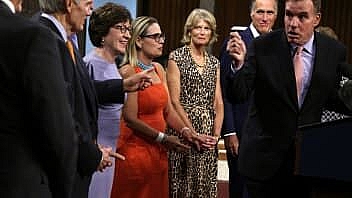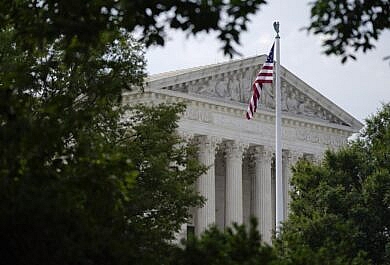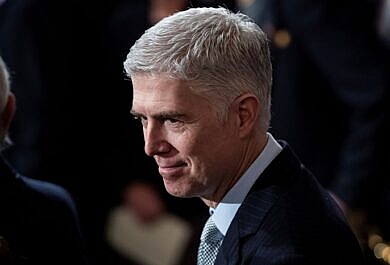The Supreme Court agreed Monday to hear two cases challenging affirmative action policies in college admissions.
Summary
The Supreme Court accepted two cases Monday that challenge the “race-conscious” admissions policies common in many American colleges and universities.
- The two cases revolve around the admissions policies of Harvard, a private university, and the University of North Carolina, a public flagship university (and your correspondent’s alma mater).
- The group Students for Fair Admissions (SFFA) filed the original lawsuits against both schools in 2014.
- Harvard is accused of using “racial-balancing tactics” as part of a quota system to arbitrarily raise admissions standards for Asian-American applicants and favoring underprepared black, Hispanic and Native American applicants.
- Harvard claims it only uses race in a “flexible” way, as “one factor among many.”
- SFFA accused UNC of similar racial tactics and violating the equal protection clauses of the Constitution.
- The court will hear the rulings in the fall term, with a decision expected in June 2023.
![]()
- The Washington Post answered some frequently asked questions about how college use race to determine who gets to attend their institutions.
- Slate proclaims that Republicans don’t need to win elections since they “already won” the Supreme Court. He argues Republicans have “never been content to let the people determine the fate of affirmative action.” The GOP “relies” on the unelected Supreme Court to achieve their goals. His evidence for affirmative action being the people’s will? Three Supreme Court cases. Can’t make it up.
- The Harvard Crimson reported on how SCOTUS’s decision was received in Cambridge. The Daily Tar Heel makes no mention of the lawsuit but they did find time to publish two editorials decrying sexism in movies and TV. Never change, DTH, never change.
![]()
- Reason’s legal blog The Volokh Conspiracy asks if SCOTUS will “ask Harvard how it justifies treating “Asian Americans” as a homogenous category?” Treating Chinese, Indian, Hmong, and Filipino Americans the same for purposes of admissions is “diverse” and “inclusive?”
- Legal Insurrection offers an in-depth explainer of the case history behind affirmative action at the Supreme Court and an analysis of the Harvard and UNC cases.
- The Washington Examiner described the two cases as “ideal vehicles finally to end racial preferences in college admissions.”
Author’s Take
After the Supreme Court first allowed affirmative action in admissions in 1978, it has been upheld twice more in 2003 and 2016. However, in the 2003 case Justice Sandra Day O’Connor put a time limit on her decision. She expected the use of race in admissions wouldn’t be necessary in 25 years. It has not yet been 25 years since that decision – but it’s close.
A Supreme Court changed by three Trump appointments may finally be willing to overturn these precedents. It’s not just the Trump appointees who may be ready to end affirmative action. As Chief Justice John Roberts wrote in a 2007 dissent to a race-based admissions decision, “The way to stop discrimination on the basis of race is to stop discriminating on the basis of race.”
© Dominic Moore, 2022





